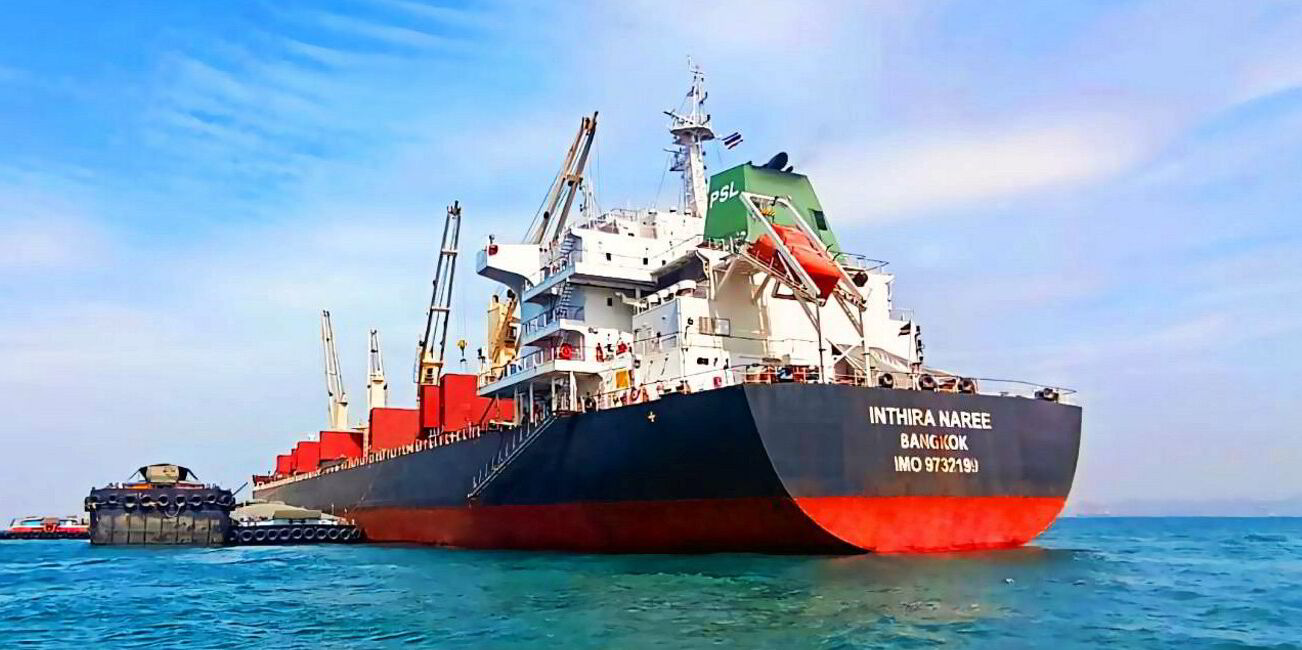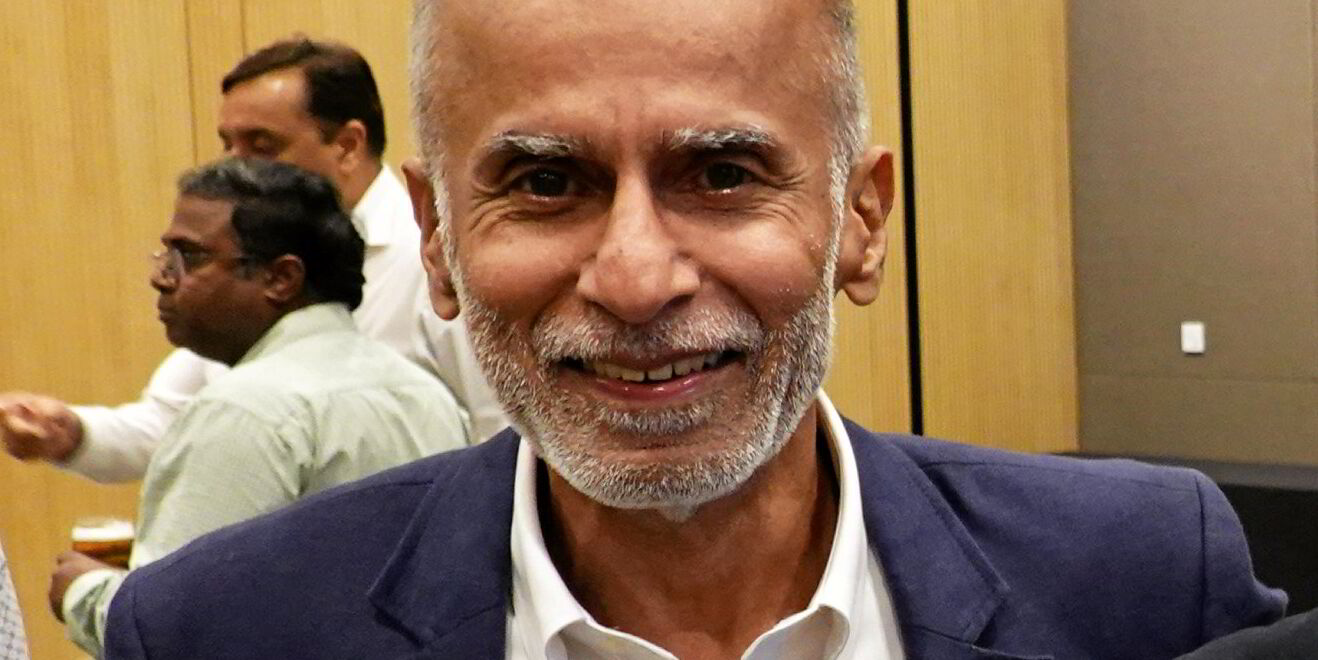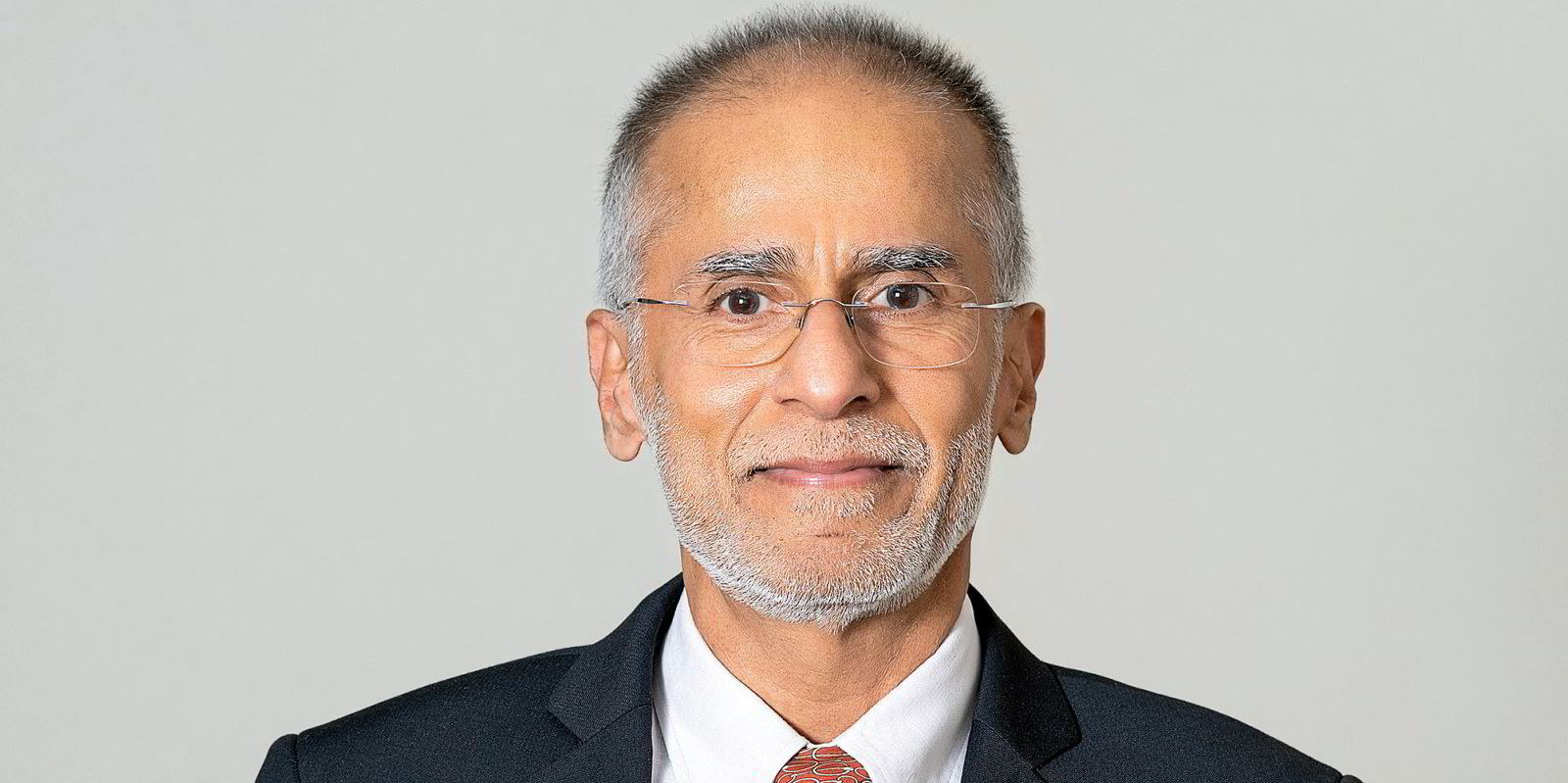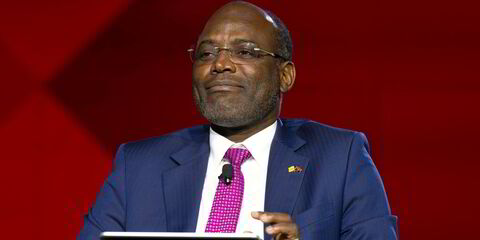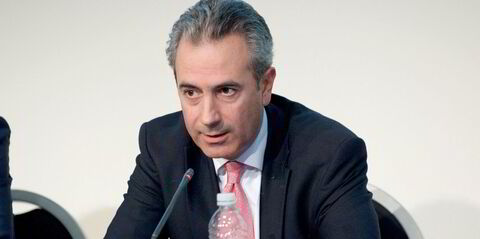Precious Shipping is selling its last two non-eco bulkers, managing director Khalid Hashim has revealed.
The sale of these vessels will conclude the Bangkok-based shipowner’s purge of older, less sustainable tonnage in a fleet renewal process in which it has sold three handysize bulk carriers and a supramax this year.
Hashim did not identify the specific vessels that Precious wants to sell. However, these are likely the Japanese-built 31,700-dwt Nalinee Naree and 29,900-dwt Rojarek Naree (both built 2005), the two oldest ships in the fleet.
These ships have been replaced by six secondhand eco bulkers of around 39,000 dwt and built between 2012 and 2018 that were purchased in the first half of the year.
In addition, Precious this year also ordered four ultramax newbuildings at Taizhou Sanfu in China that are scheduled for delivery in 2026.
Hashim said these sales, purchase and newbuilding activities will not only reduce Precious’ fleet age and increase the dwt capacity, it is the best option available for reducing its carbon footprint.
“The smaller, geared ships that travel to ports that are well off the beaten track will be the last segment of shipping to decarbonise and shift over to green-fuelled ships of the future,” he said.
The disincentives cited by Hashim include the ports that its ships visit being so well off the beaten path that getting green future fuels may be impossible.
Costs are another disincentive.
“The cost of fitting in the new-fangled engines, tanks for the future fuels, pipelines that can remain corrosion-proof and withstand the rigours of the future fuels, would increase the capital expenditure by around 40% to 50% more than a fossil fuel-burning new building ship,” he said.
Hashim also lamented that clients do not want to sign long enough time charter contracts, or pay any premium over the existing long-term time charter rates for fossil fuel-burning ships.
“The smart move is to wait this out by buying under 10-year-old eco engine ships from the secondhand market, as we have done, and by ordering a few newbuildings, as we have done with the ultras at Taizhou Sanfu,” he said.
“By selling the older non-eco ships in our fleet into the secondhand market, while at the same time running our existing and freshly purchased ships until the fuels of the future have been crystalised, the regulatory environment has been established for such ships, crew training has been designed to allow for safe management of these future ships, shipyards have got their act together and are able to produce such ships at a price that makes economic sense for the buyers — that is when we will change over our fossil fuel-burning ships into ships burning zero-carbon fuels of the future.”
Hashim said the company had brought in a net profit of $8.23m during the third quarter, compared with $2.79m a year earlier.
It attributed this increase to higher average earnings per day per ship.
